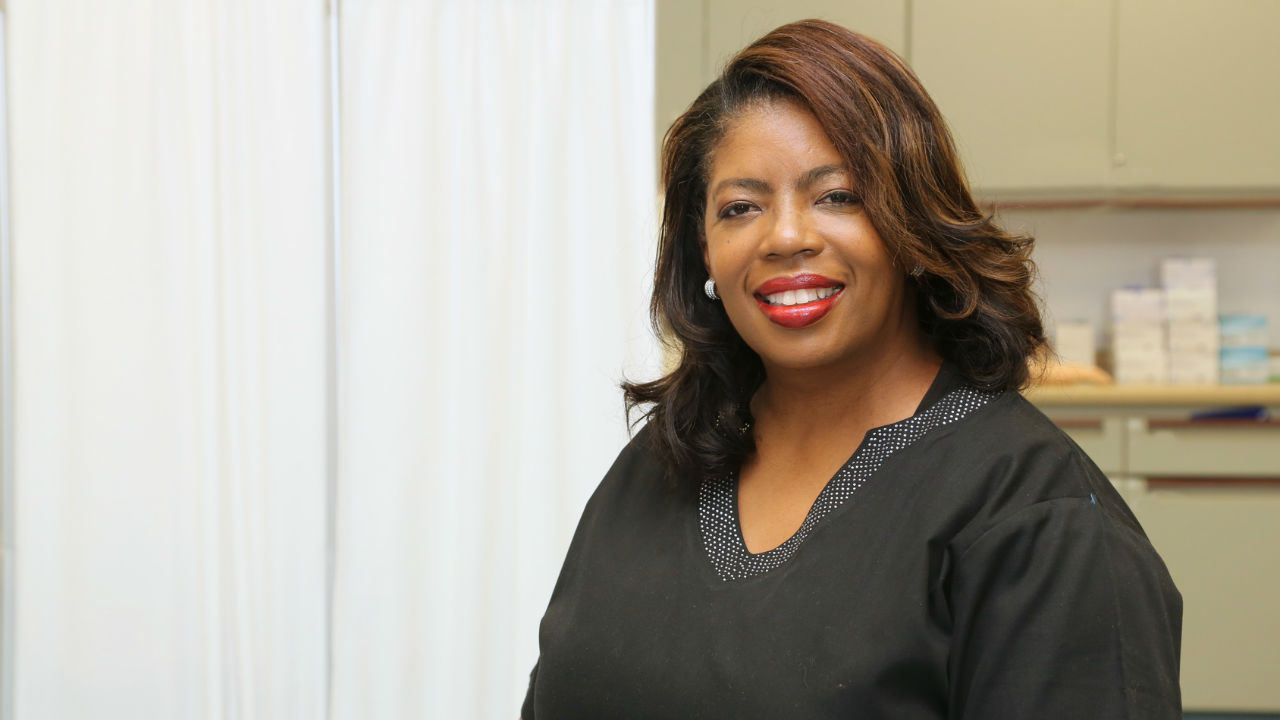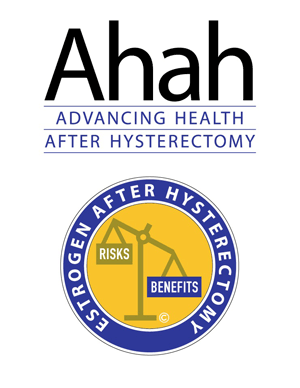 Auremar/PhotoSpin
Auremar/PhotoSpin
It's scary to think that fear can cause the deaths of nearly 50,000 women. After the federally funded Women's Health Initiative Estrogen Plus Progestin Trial in 2002 uncovered that women who underwent two-hormone therapy suffered a higher mortality rate, the use of hormone replacement therapy dropped significantly.
Because of the findings in the WHI trials, and the commotion it had stirred, only 10 percent of women who have had hysterectomies opt for estrogen therapy. Almost 50,000 of these women, aged 50 to 69, have died.
These findings are supported in a study led by Dr. Phillip Sarrel , emeritus professor in the Departments of Obstetrics, Gynecology & Reproductive Sciences, and Psychiatry and Dr. David Katz, the founding director of Yale University's Prevention Research Center.
The study focused on the effect of estrogen avoidance and the mortality rate among women who have had hysterectomies between the age of 50 to 59.
Sarrel found that over a 10-year span beginning in 2002, the number of premenopausal women who died prematurely because they avoided estrogen therapy was between 18,601 and 91,610.
The study also confirmed the continued decline of estrogen use in younger postmenopausal women.
Prior to 2002, the estrogen therapy use rate was over 90 percent.
Before the WHI trials were released, it was common for doctors to recommend estrogen therapy for women who have had a hysterectomy. These women commonly used the therapy to treat symptoms like hot flashes and other side effects related to hormone deficiency.
The problem with the WHI trials, however, was that the findings were about women with a uterus.
A second part of the WHI trials followed women without a uterus and showed that estrogen-only therapy produced mostly positive effects. This can be found in a series of papers published by the WHI between 2004 and 2012.
“Sadly, the media, women, and health care providers did not appreciate the difference between the two kinds of hormone therapy,” Sarrel said. As a result of this, the use of menopausal hormonal therapy declined.
EmpowHER founder and health advocate Michelle King Robson said that she could have easily been one of these statistics.
"I started EmpowHER because I almost didn't survive. It was scary to think about what would have happened if I hadn't educated myself."
Robson has made it her life goal to help women because women's health care is under served. She said, "This is another proven point of how bad it is. Too many women have died because of it."
Sarrel hopes that this study will help promote a better understanding.
The study urges women to do their own research about the effects of estrogen therapy and discuss their options with their health care provider.
For a summary of the study from Sarrel himself, please click here
Sources:
"The Mortality Toll of Estrogen Avoidance: An Analysis of Excess Deaths Among Hysterectomized Women Aged 50 to 59 Years." US National Library of Medicine National Institutes of Health. Web. 19 July 2013. http://www.ncbi.nlm.nih.gov/pubmed/23865654
Brown, Eryn. Avoiding estrogen therapy proved deadly for nearly 50,000: study. Los Angeles Times. 19 July 2013. Web.
http://www.latimes.com/news/science/sciencenow/la-sci-sn-estrogen-alone-hormone-therapy-deaths-20130718,0,7828032.story
Peart, Karen. For women with hysterectomies, estrogen may be a lifesaver after all.
Yale News. 19 July. 2013. Web.
http://news.yale.edu/2013/07/18/women-hysterectomies-estrogen-may-be-lifesaver-after-all
Edited by Jody Smith
Read more in Advancing Health After Hysterectomy





Add a Comment11 Comments
Well, Gee...thanks for giving us the symptoms and what to look for. smh
July 20, 2013 - 1:39pmThis Comment